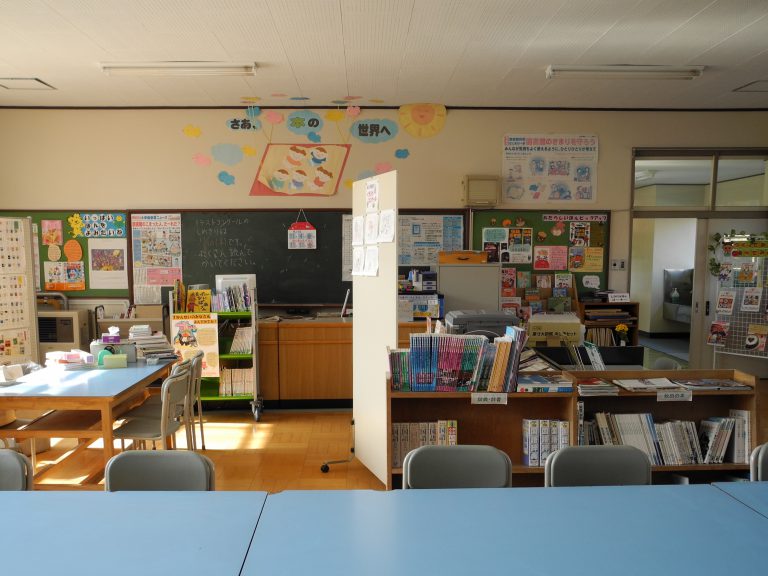
South Dakota senators have passed a bill that critics argue is designed to target education in evolution and climate change. According to Glenn Branch at the National Center for Science Education, Senate Bill 55 is an “unclear and flabby” bill that will hinder school districts in their efforts to prevent teachers “miseducating students about science.”
According to the bill, “no teacher may be prohibited from helping students understand, analyze, critique, or review in an objective scientific manner the strengths and weaknesses of scientific information.” Critics fear that the bill, which was introduced by a senator who previously supported legislation designed to promote the teaching of creationism, will encourage teachers to deviate from state-approved curricular guidelines that mandate instruction in evolution and climate change.
The Department of Education opposes the bill for this reason, while supporters of the bill cite academic freedom and free speech as reasons to enact the legislation.
Framing the issue as one of academic freedom or teacher speech rights distorts the issue, however. This is because curricular decisions should be made by educational experts who are charged with developing materials that reflect the current state of knowledge in the field. And while some teachers may object to certain aspects of the scientific curriculum they must nevertheless follow school guidelines and teach the material which educators have determined is pedagogically sound, supported by scholarly research, and prepares students for future study.
The Washington Post reports that the bill "removes accountability from science education, making it impossible for administrators and school boards to restrain maverick teachers."
Academic freedom is a vital pillar of both our education system and our democracy. However it does not entitle teachers to reject the professional standards governing education. Students and teachers must have freedom of inquiry and the freedom to scrutinize scientific, historical, and literary writings. But this freedom does not permit teachers to say whatever they would like in the classroom or promote what educators and experts consider to be misleading, incomplete or false information. Rather than protecting free inquiry, the bill would simply allow teachers to deviate from approved curricula, at the expense of high quality education.


